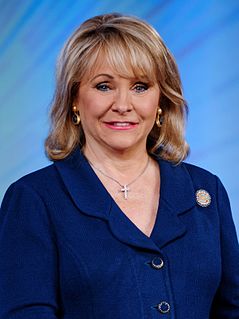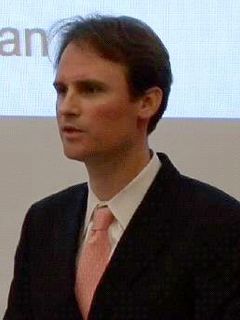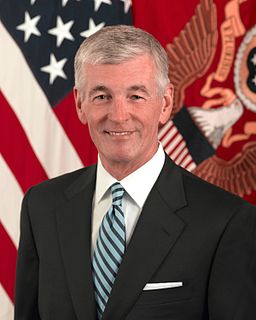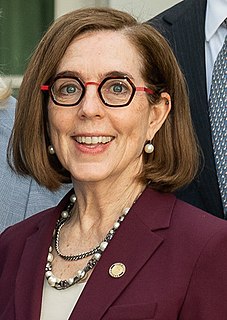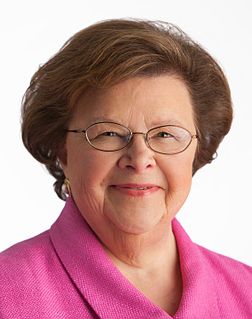A Quote by Mary Fallin
Increasing education options will give students greater opportunities to succeed in the classroom and allow students to graduate with skill sets necessary to go to college or into a career.
Related Quotes
The loan crisis and the increasing slashing of funds for students, coupled with the astronomical rise in tuition, represent an unparalleled attack on the social state. The hidden agenda here is that when students graduate with such high debts, they rarely choose a career in public service; instead, they are forced to go into the corporate sector, and I see these conditions, in some ways, as being very calculated and as part of a larger political strategy to disempower students.
Like many others, I have deep misgivings about the state of education in the United States. Too many of our students fail to graduate from high school with the basic skills they will need to succeed in the 21st Century economy, much less prepared for the rigors of college and career. Although our top universities continue to rank among the best in the world, too few American students are pursuing degrees in science and technology. Compounding this problem is our failure to provide sufficient training for those already in the workforce.
Public education for some time has been heavily focused on what curricula we believe will be helpful to students. Life-Enriching Education is based on the premise that the relationship between teachers and students, the relationships of students with one another, and the relationships of students to what they are learning are equally important in preparing students for the future.
For some students, especially in the sciences, the knowledge gained in college may be directly relevant to graduate study. For almost all students, a liberal arts education works in subtle ways to create a web of knowledge that will illumine problems and enlighten judgment on innumerable occasions in later life.
The obsessive focus on a college degree has served neither taxpayers nor students well. Only 35 percent of students starting a four-year degree program will graduate within four years, and less than 60 percent will graduate within six years. Students who haven't graduated within six years probably never will.
Zip codes might be great for sorting mail, but they should not determine the quality of a child s education or success in the future workforce," said Bob Wise, president of the Alliance for Excellent Education and former governor of West Virginia. "With common standards and assessments, students, parents, and teachers will have a clear, consistent understanding of the skills necessary for students to succeed after high school and compete with peers across the state line and across the ocean.
